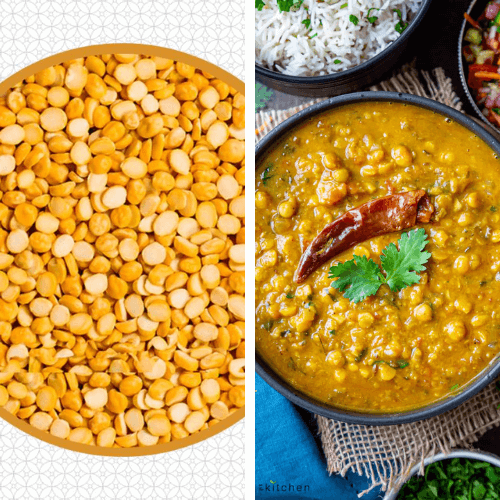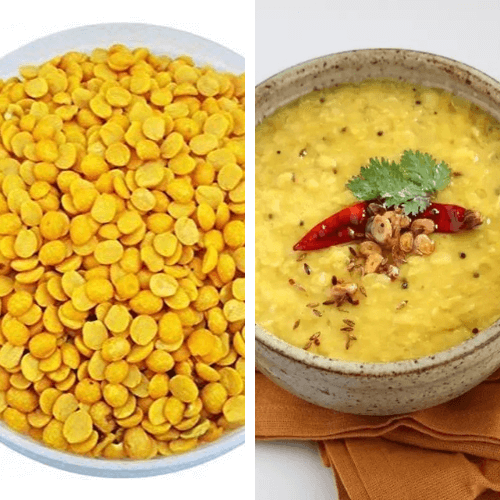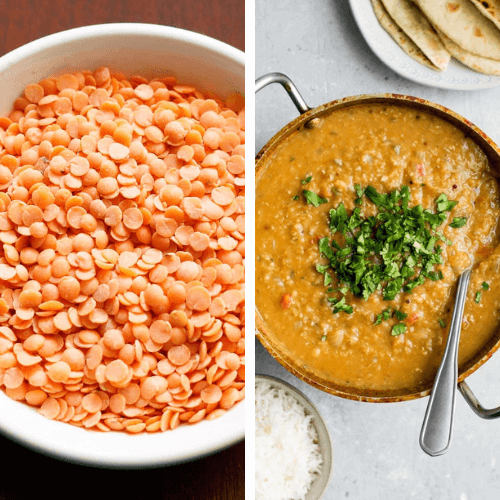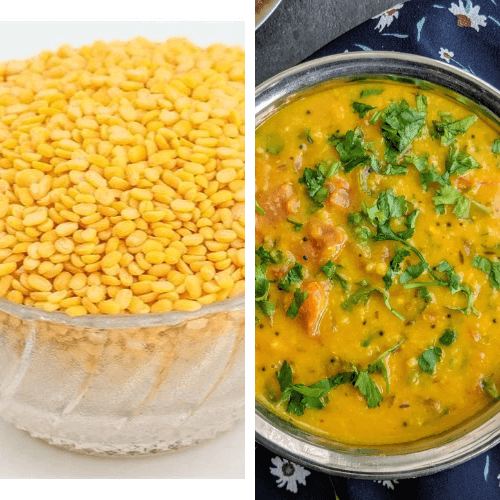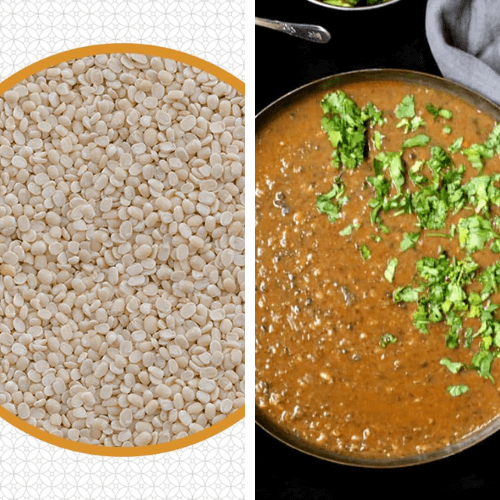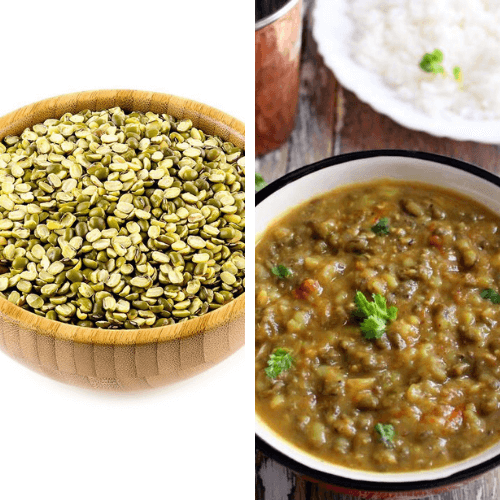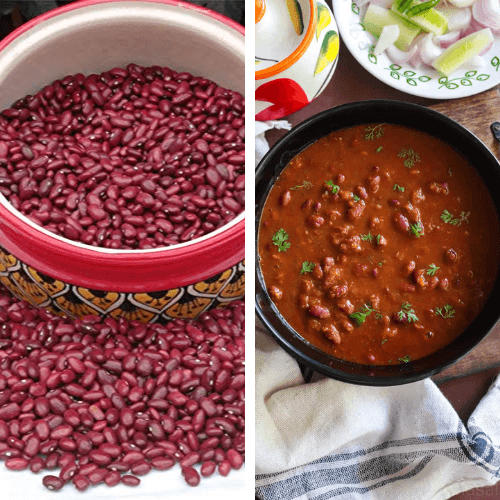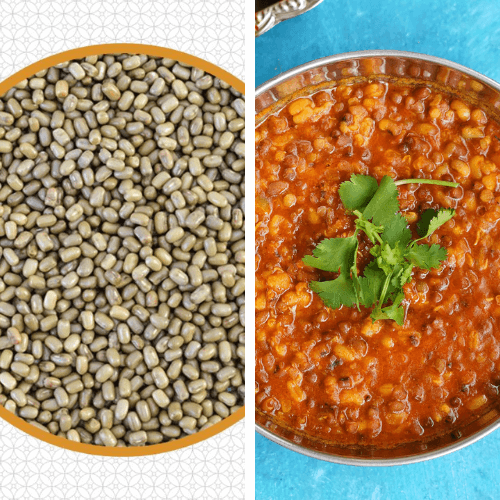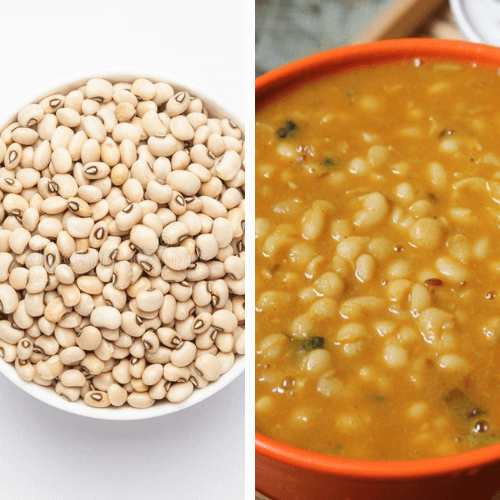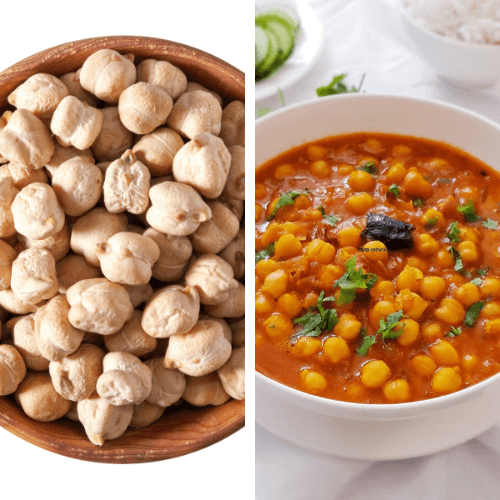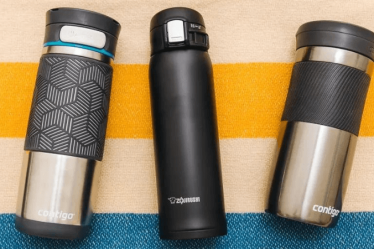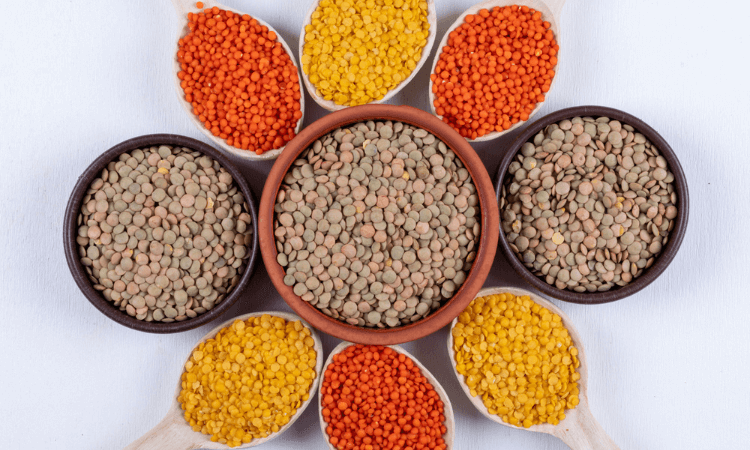
Last updated on April 14th, 2024 at 11:56 pm
Top 10 High Protein Dal List With Price:
1. Chana Dal (Bengal Gram)
Price: Rs.
Protein Content: Approximately 22g per 100g serving
2. Toor Dal (Split Pigeon Peas)
Price: Rs.
Protein Content: Approximately 22g per 100g serving
3. Masoor Dal (Red Lentils)
Price: Rs.
Protein Content: Approximately 26g per 100g serving
4. Moong Dal (Mung Beans)
Price: Rs.
Protein Content: Approximately 24g per 100g serving
5. Urad Dal (Split Black Gram)
Price: Rs.
Protein Content: Approximately 25g per 100g serving
6. Green Moong Dal (Whole Mung Beans)
Price: Rs.
Protein Content: Approximately 24g per 100g serving
7. Rajma (Red Kidney Beans)
Price: Rs.
Protein Content: Approximately 24g per 100g serving
8. Moth Dal (Dew Beans)
Price: Rs.
Protein Content: Approximately 24g per 100g serving
9. Soybean Dal
Price: Rs.
Protein Content: Approximately 36 g per 100 g serving
10. Kabuli Chana (Chickpeas)
Price: Rs.
Protein Content: Approximately 19g per 100g serving
